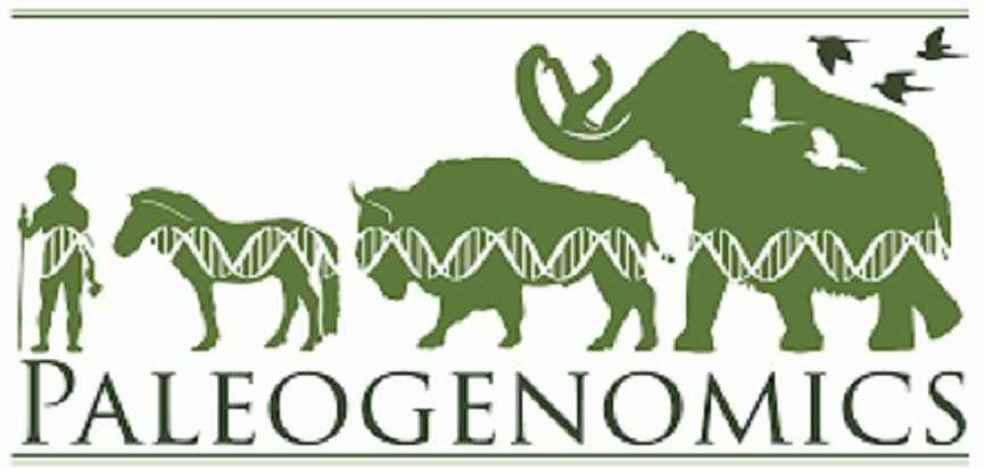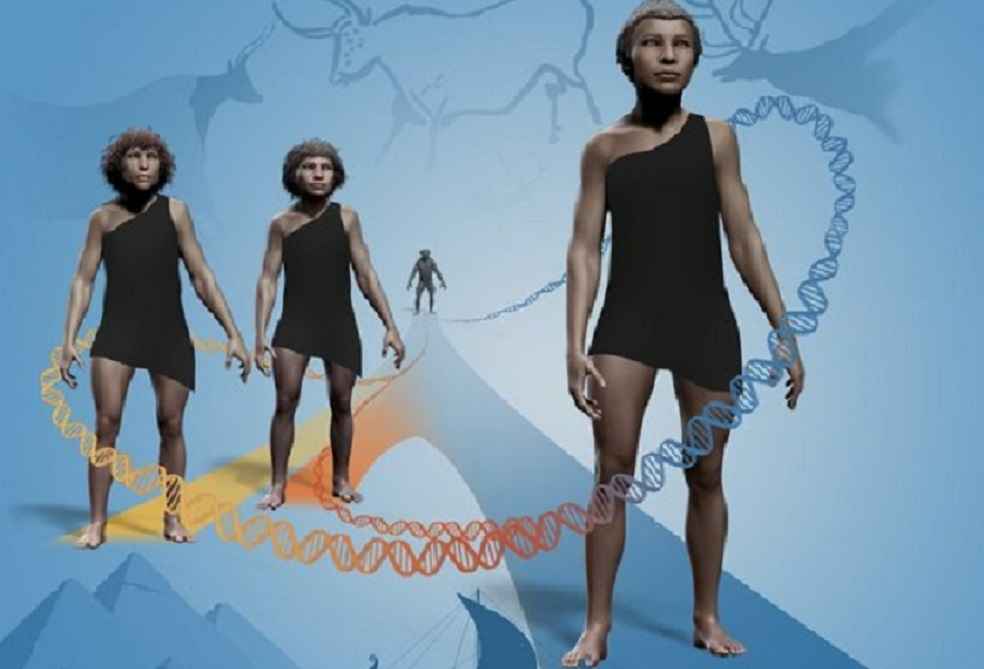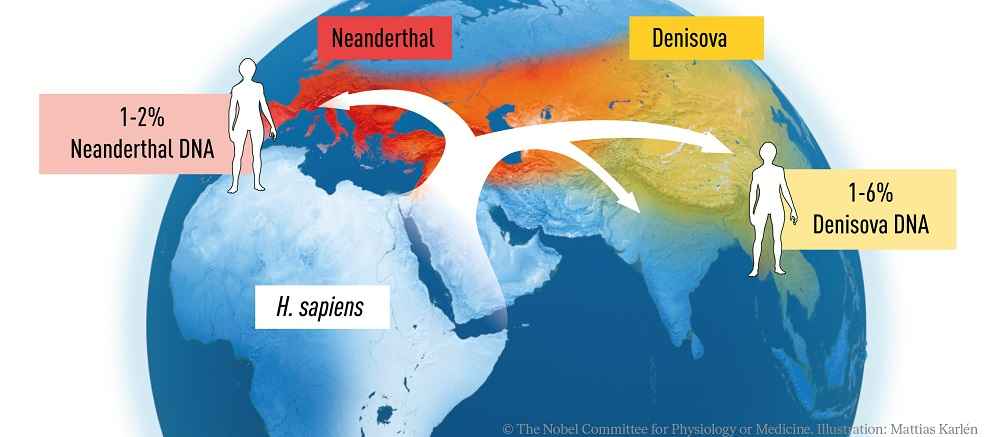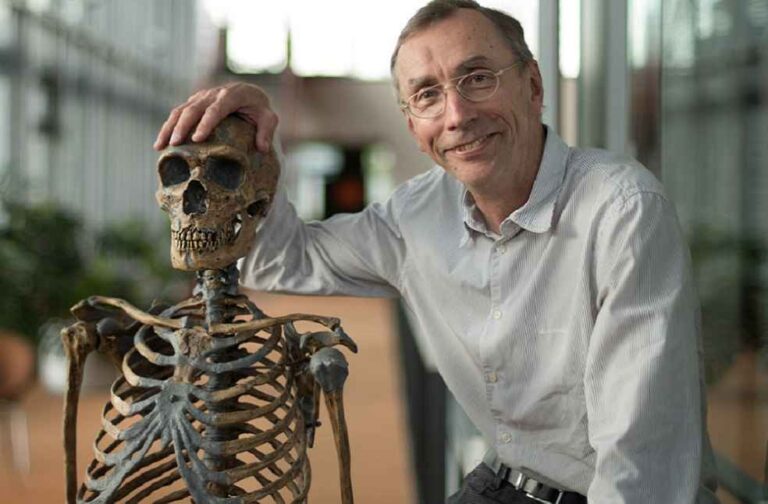Stockholm, Sweden: 67-year-old Swedish biologist, Dr. Svante Paabo has been chosen to be awarded with the prestigious Nobel Prize in Physiology or Medicine for the year 2022 “for his discoveries relating the genomes of extinct hominins and human evolution”.
Dr. Paabo is credited for the conception of paleogenetics and has worked extensively on the Neanderthal DNA.
“Through his pioneering research, Svante Pääbo, this year’s Nobel Prize laureate in physiology or medicine, accomplished something seemingly impossible: sequencing the genome of the Neanderthal, an extinct relative of present-day humans,” the Nobel committee highlighted in its statement.

“Paabo’s discoveries have generated new understanding of our evolutionary history,” the Nobel committee shared while adding that this research had helped establish the burgeoning science of “paleogenomics,” or the study of genetic material from ancient pathogens.
Professor of medical biochemistry at the Karolinska Institute in Solna, Sweden, Prof. Nils Goran Larsson has claimed that Dr. Paabo had extracted and examined the ancient DNA using both existing technology and his own techniques.
“It was certainly considered to be impossible to recover DNA from 40,000-year-old bones, allow us to compare changes between contemporary Homo sapiens and ancient hominins, and this, over the years to come, will give us huge insights into human physiology.” Prof. Larsson observed.

According to the committee’s statement, Dr. Paabo’s team found the Denisova through the comparison and analysis of human genome sequences, and determined that gene flow from the Denisova to Homo sapiens occurred roughly 70,000 years ago.
The statement said the information was still helpful, for example, in explaining how the human immune system responded to illnesses.
Dr. Paabo came into the limelight when his research team presented the results of the first complete Neanderthal genome sequencing in 2010, It was a significant discovery for researchers who had been baffled by Neanderthal fossils ever since they were uncovered in a German quarry in 1856.

Neanderthals possessed huge minds and hunted large creatures with complex tools up to 800,000 years ago in regions of Europe and Asia. The genome sequence provided by Dr. Paabo answered many issues about their link to contemporary humans.



